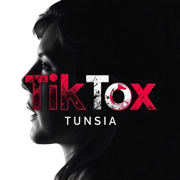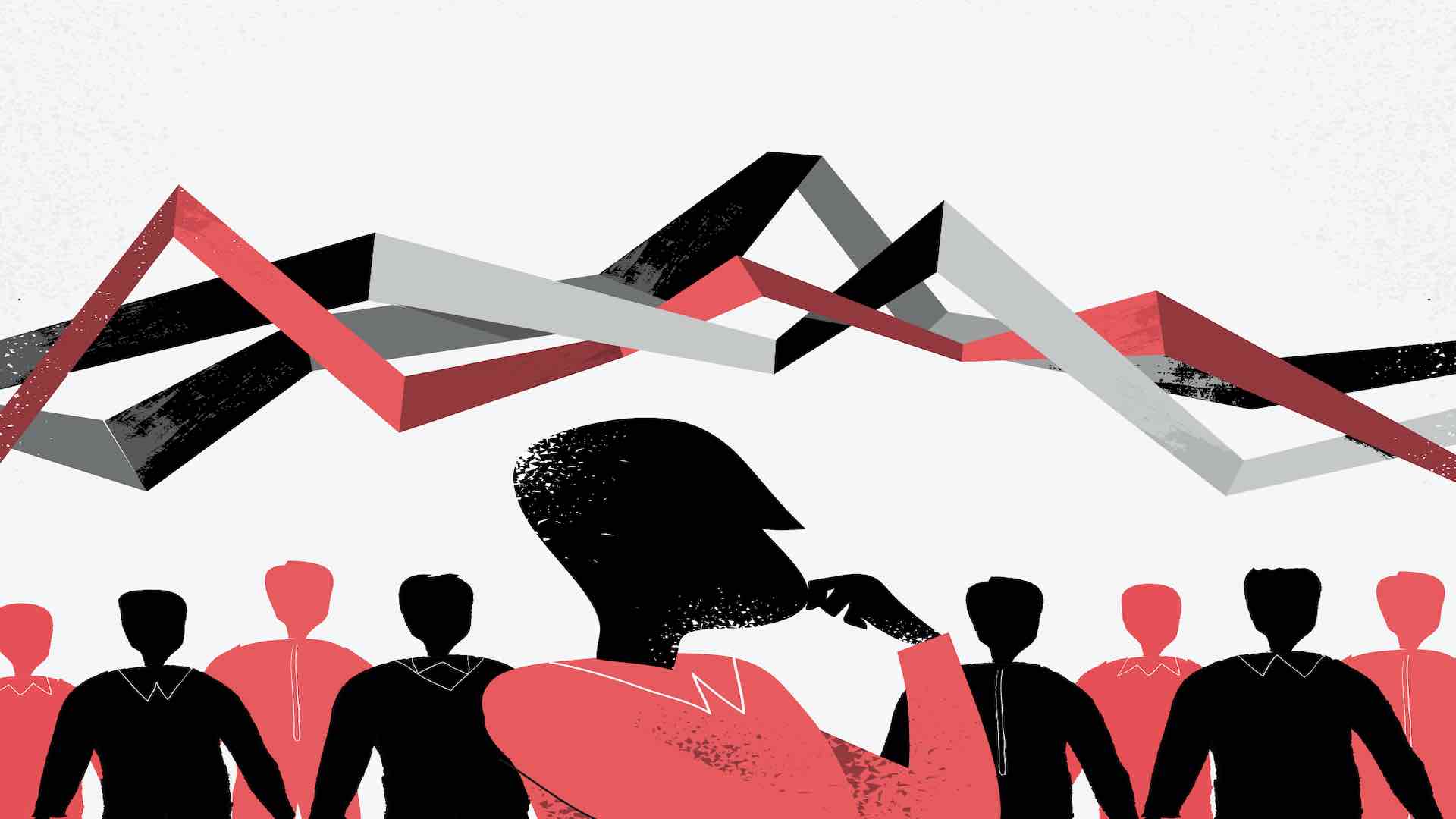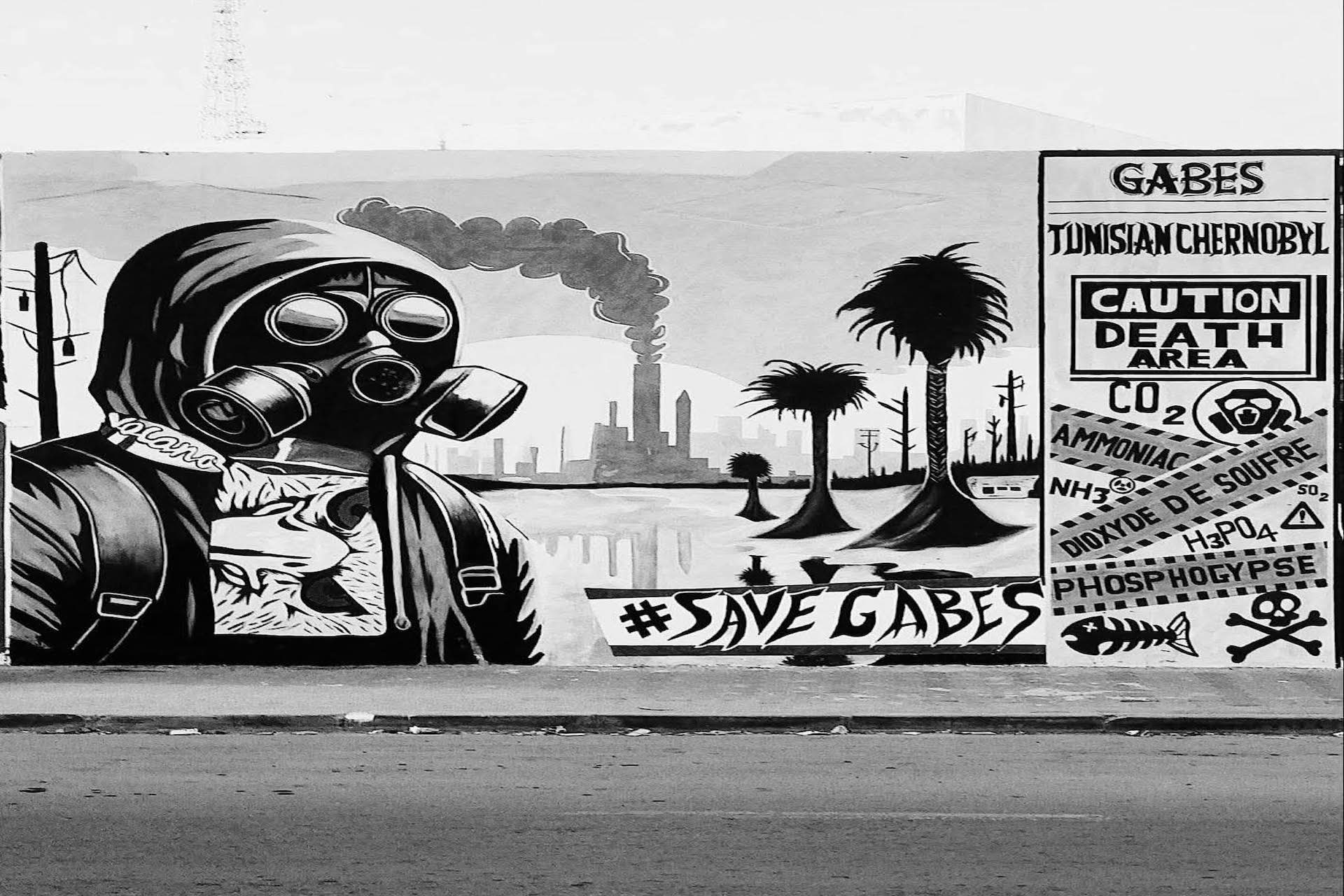Introduction
TikTok has become one of the fastest-growing social media platforms in Tunisia, attracting thousands of creators and millions of viewers. While it provides opportunities for entertainment, education, and income, it has also become a fertile ground for fraud, scams, and financial exploitation. Many Tunisian users, particularly young audiences, have fallen victim to fake giveaways, donation scams, and misleading investment opportunities.
This guide explores the most common types of TikTok fraud in Tunisia, the legal framework surrounding online scams, and practical strategies to protect yourself and your community.
1. Understanding TikTok Fraud and Scams
What is Fraud on TikTok?
Fraud on TikTok refers to any deceptive practice designed to mislead users for financial gain or personal exploitation. In Tunisia, scams often involve:
- Fake giveaways requiring upfront payments.
- Donation fraud, where streamers misuse gifts and financial contributions.
- False business promotions or pyramid schemes.
- Impersonation scams, where fake accounts exploit the popularity of influencers.
Why Tunisia is Vulnerable
Several factors make Tunisia particularly exposed:
- High youth engagement on TikTok.
- Limited digital literacy among younger and rural audiences.
- Weak enforcement of online consumer protection laws.
- Increasing reliance on TikTok gifts and donations as income sources.
2. Types of Scams Common on TikTok in Tunisia
2.1 Fake Giveaways and Contests
Streamers promise free iPhones, cash, or gifts if viewers send money, join groups, or share personal data. These giveaways often never materialize.
2.2 Donation Misuse
Some TikTok streamers ask for donations under the guise of charity or community projects but redirect funds for personal use. In Tunisia, where donation tracking is weak, this has become a growing problem.
2.3 Investment and Cryptocurrency Scams
Users are promised quick profits through crypto or forex platforms advertised on TikTok. Many of these schemes resemble Ponzi models and collapse quickly, leaving participants with financial losses.
2.4 Identity and Account Theft
Fraudsters create fake accounts of popular Tunisian streamers to deceive followers into sending money or private information.
2.5 Exploitation of Minors
Children and teenagers are targeted with challenges or requests for payments, exposing them to both financial and psychological harm.
3. Tunisian Law on Online Fraud and Scams
3.1 The Tunisian Penal Code
Fraud, deception, and misappropriation of funds are punishable under Articles 291–298 of the Tunisian Penal Code. Offenders may face fines and imprisonment.
3.2 Law on Cybercrime (2019 Updates)
Tunisia introduced regulations to criminalize online scams, unauthorized access, and misuse of personal data. Offenders can face up to five years in prison and heavy financial penalties.
3.3 Financial Donations and Money Laundering Laws
Under Tunisian banking and anti-money laundering laws, unregistered fundraising is illegal. TikTok streamers receiving international donations may be investigated for suspicious financial activity.
3.4 Protection of Minors
The Tunisian Child Protection Code prohibits the financial exploitation of minors online. Platforms like TikTok can face legal obligations if they fail to prevent child-targeted scams.
4. International Regulations Affecting Tunisia
Because many donations flow from Europe, Tunisian streamers and scammers are also affected by international laws such as:
- EU Anti-Money Laundering Directive (AMLD), which monitors suspicious transfers.
- GDPR (General Data Protection Regulation), which protects user data.
- Interpol Cybercrime Agreements, which allow cross-border investigations.
This means Tunisian scammers can face consequences not only locally but also internationally.
5. How to Protect Yourself and Your Community
5.1 Verify Before Trusting
- Always check if giveaways or donation campaigns are verified.
- Look for official accounts with the TikTok verification badge.
5.2 Be Aware of Red Flags
Common warning signs include:
- Requests for upfront payments.
- Promises of quick profits or guaranteed winnings.
- Urgent calls to act immediately.
5.3 Protect Your Personal Data
Never share phone numbers, ID cards, or banking information with unverified TikTok accounts.
5.4 Report Fraudulent Activity
On TikTok, you can report suspicious accounts, videos, or live streams. In Tunisia, victims can also file complaints with:
- The National Cybercrime Unit (Brigade Nationale de la Cybercriminalité).
- The Central Bank of Tunisia for suspicious financial transfers.
- The Child Protection Delegate for cases involving minors.
5.5 Educate Your Community
Raising awareness is one of the most effective protections. Schools, parents, and NGOs in Tunisia are increasingly organizing workshops to teach children digital safety.
6. Case Studies in Tunisia
Example 1: Fake Charity Live Streams
A Tunisian streamer raised funds on TikTok, claiming the money would help poor families. Investigations revealed the funds were redirected to personal bank accounts.
Example 2: Cryptocurrency Scheme
Hundreds of Tunisian youths invested in a TikTok-promoted crypto scheme in 2023, only to discover the organizer disappeared with the funds.
Example 3: Exploited Minors
Reports surfaced of Tunisian children being pressured into sending money to influencers, raising serious concerns about child exploitation.
7. The Future of Online Regulation in Tunisia
As TikTok continues to grow, Tunisia faces increasing pressure to modernize its laws. Possible future measures include:
- Stricter regulations on digital donations.
- Stronger monitoring of streamers’ income.
- Cooperation with international regulators to combat cross-border scams.
The government is already exploring mechanisms to track online transactions and improve child protection policies.
Conclusion
TikTok offers opportunities for creativity and income, but it also exposes Tunisian users to fraud and scams. By understanding the types of fraud, knowing the legal framework, and practicing safe online behavior, users can protect themselves and their communities.
For Tunisia, the challenge lies in enforcing existing laws while adapting to new digital threats. A safer TikTok environment will depend on both stronger regulations and community awareness.













